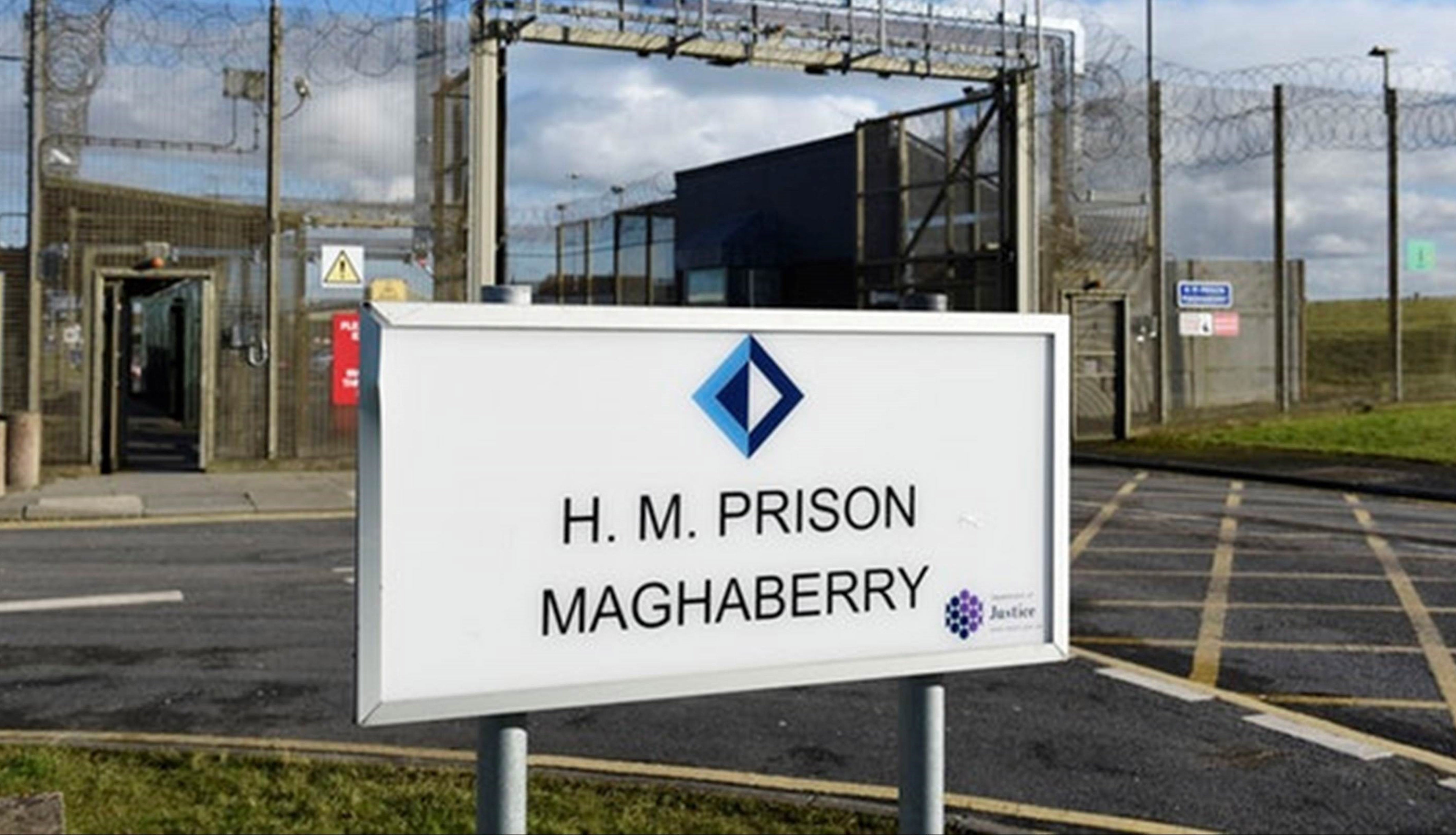Eleven Maghaberry prisoners take legal action over use of solitary confinement
The actions comes after a report by the Criminal Justice Inspection (CJI) found that the practice is in breach of international standards.

Your support helps us to tell the story
From reproductive rights to climate change to Big Tech, The Independent is on the ground when the story is developing. Whether it's investigating the financials of Elon Musk's pro-Trump PAC or producing our latest documentary, 'The A Word', which shines a light on the American women fighting for reproductive rights, we know how important it is to parse out the facts from the messaging.
At such a critical moment in US history, we need reporters on the ground. Your donation allows us to keep sending journalists to speak to both sides of the story.
The Independent is trusted by Americans across the entire political spectrum. And unlike many other quality news outlets, we choose not to lock Americans out of our reporting and analysis with paywalls. We believe quality journalism should be available to everyone, paid for by those who can afford it.
Your support makes all the difference.A group of 11 prisoners at Maghaberry Prison are taking legal action over the use of effective solitary confinement.
Representing the group, KRW Law said they are raising serious concerns around the “excessive use of detention amounting to solitary confinement by the Northern Ireland Prison Service (NIPS)”.
They are particularly highlighting the effect of “extensive periods of individual detention” on mental health, contending it “constitutes breaches of their fundamental human rights”.
Earlier this week, a report by the Criminal Justice Inspection found that some prisoners in Northern Ireland are being subjected to effective solitary confinement which does not meet the expected United Nations Standard Minimum Rules.
They found that the facilities in the care and supervision units were inadequate and there were insufficient professional healthcare staff to care for and treat them.
Chief inspector of criminal justice in Northern Ireland Jacqui Durkin said the in-depth review found evidence that the regime experienced by a number of CSU prisoners did not meet the UN standard minimum rules known as the Mandela Rules.
Inspectors have made three strategic and 11 operational recommendations for improvement as a result of their findings.
These have been accepted by the Prison Service.
KRW Law said its clients include Neil Quinn, who until recently was a remand prisoner, and said he was at times locked up for 24 hours, adding “significant staff shortages” meant he could not receive the adequate mental health care he needed in prison.
The firm has issued civil proceedings on behalf of Mr Quinn at the High Court against NIPS regarding breaches of the Mandela Rules, seeking damages.
It is also applying for leave to judicially review NIPS policy and practice on the use of care and supervision units.
Jack Murphy, of KRW, said the CJI report “illustrates clear breaches and violations of international human rights and humanitarian standards by the prison authorities in Northern Ireland”.
“HMP Maghaberry has long had a reputation as a ‘failing prison’ but recently its standards appeared to have improved,” he said.
“But now it is confirmed that regarding extended detention and mental health services the system is failing on a significant scale.
“The legal action being taken by our client Neil Quinn will seek to secure judicial condemnation and censure of these failures.
“At present this will be by way of a civil actions for damages and a public law challenge to apply for leave to judicially review of NIPS policies and procedures in this matter which is why we have issued pre-action proceedings to ground a public law challenge.”